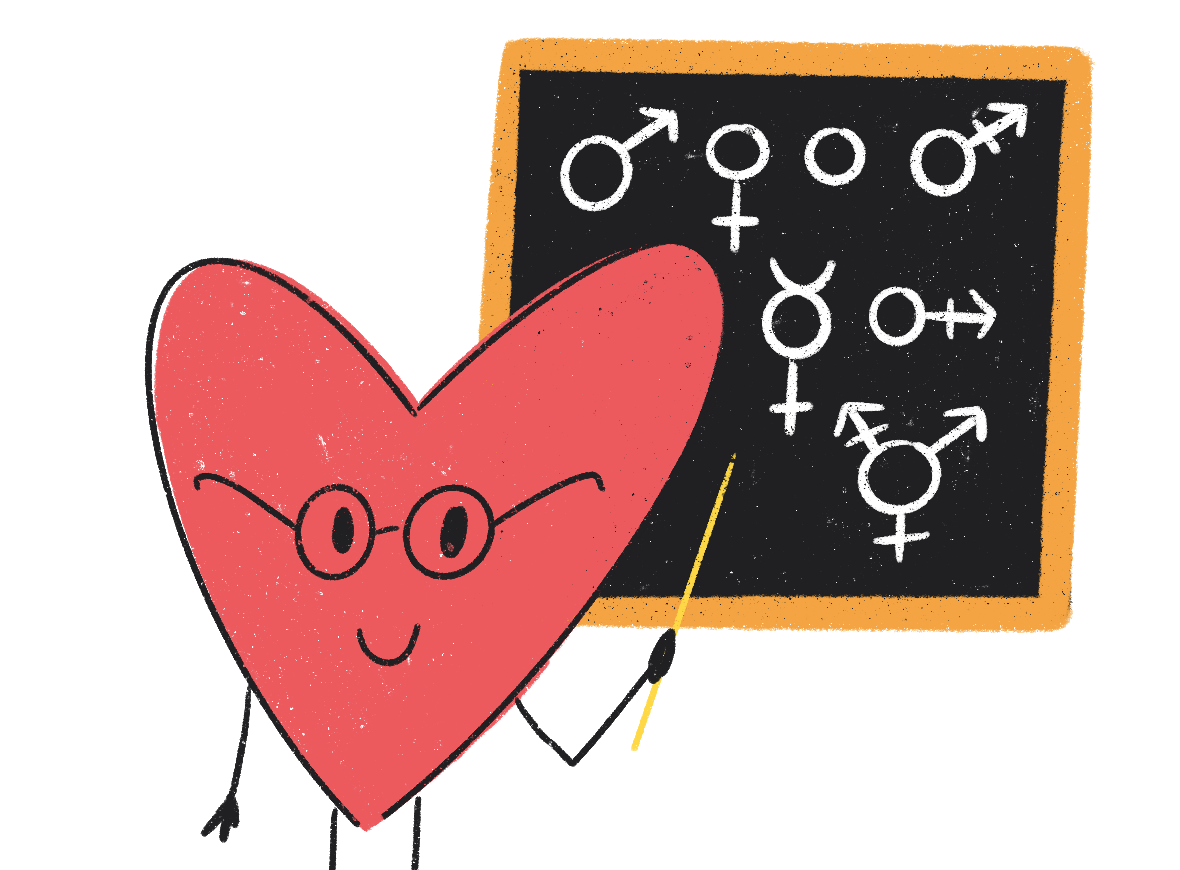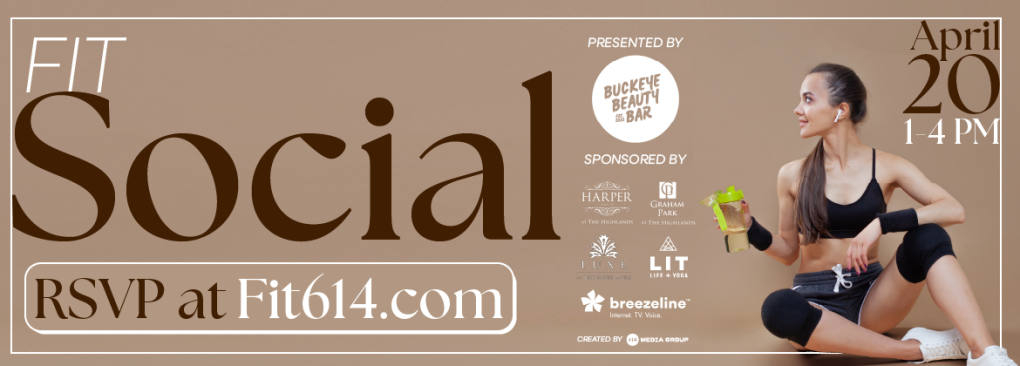Relationships Remixed: A primer on non-traditional relationships

Illustration by Sarah Moore
It’s an understatement to say that assumptions and experiences in dating, love, and relationships have changed over the past few years. Between the proliferation of apps designed to find you anything from a quick hookup to a life partner, to expanding definitions of what relationships can look like and more acceptance around non-traditional approaches to love and dating, the way we find and experience love today is unique to this moment in history.
No matter how we choose to define ourselves and our own relationships, even if they are traditional, it’s helpful to understand ways that others are approaching things. As attitudes and types of relationships continue to evolve, one thing has become clear: “love” looks a little bit different for everybody. And however you define it for yourself—or choose not to—there’s a community in Columbus ready to support you.
To learn more about relationships outside of the traditional model, (614) reached out to experts at The Columbus Space for Alternative Self- Expression, designed as “a safe gathering place where adults can find education and support in exploring their authentic self,” and Mozaic, a resource center for transgender and gender non-conforming people of color. Staff from both organizations spoke about some of the many different ways people in Columbus are practicing relationships.
“It’s just part of being human that you are going to have an experience as a sexual being. We wanted to provide a space that allowed for that, and that educated people and gave them resources to find out about themselves,” said Trina “Brat_Sheba” Gardinier, Co-Director of The Columbus Space. In that vein, The Columbus Space provides a venue for people to learn, discuss, and explore types of relationships and intimacy that don’t t into the typical monogamous mold. Giving people room to explore their sexuality within an accepting community is important to the founders.
BROUGHT TO YOU BY
“A lot of people’s view of sexuality is somewhat unhealthy, because as a society we don’t promote very healthy sexuality,” said Andrew “Barak” Gardiner, Trina’s husband and Columbus Space co-director. The Gardiners are seeking to change that through their classes and work at The Space, which is open to adults over the age of 19.
The big takeaway from these interviews is that in all relationships— traditional or otherwise—communication is key. “[This] is about a shift in the way we understand, in the way that we do relationships,” said LuSter Singleton, Community Outreach Coordinator at Mozaic. That means asking questions while respecting boundaries. (Pro tip: asking someone their preferred pronouns is considered respectful; asking a transgender person whether they’ve had surgery is not.) It also means that the terms of any relationship are decided by the people involved—and only the people involved.
“Nobody can determine what your relationship is except for you. You get to make that decision. No one else gets to tell you what your relationship is called, or how you need to run that relationship,” Trina explained.
The Gardiners said they’ve seen a lot change in the past five years, noting that people are much more open today about being in open or polyamorous relationships. “I think that the openness that we’re experiencing from the younger generation is amazing, and it’s really blazing a path through what it means to be in a relationship,” Trina said.
Mikalya Robinson, Prevention Assistance Program Intervention Navigator at Mozaic, summed it up well: “We want to get people to understand that love is love.”
The Columbus Space for Alternative Self Expression is located at 180 Outerbelt St. Learn more at columbusspace.com. Mozaic is located at 2228 Summit St. Learn more at www.mozaicohio.org.
BROUGHT TO YOU BY






